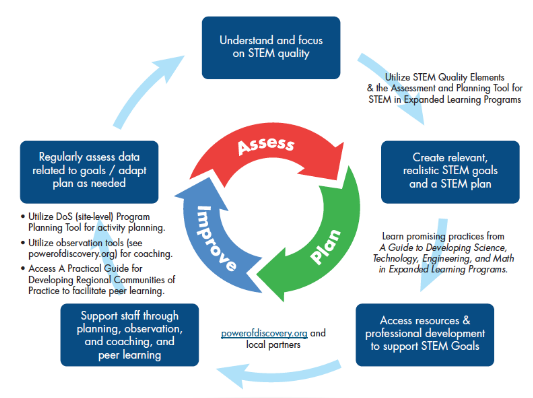Navigating Online Learning Essential Tips for Success
Mastering the Digital Landscape: Essential Strategies for Online Learning
In the ever-evolving realm of online education, success doesn’t just happen—it’s a deliberate journey. Here are some essential tips to help students navigate the world of virtual learning.
Creating Your Study Sanctuary:
One of the first steps to success in online learning is establishing a dedicated study space. Whether it’s a cozy corner of your room or a well-organized desk, this space should be free from distractions and conducive to focus.
Setting a Consistent Routine:
Consistency is key when it comes to online learning. Treat your virtual classes like traditional ones by setting a regular schedule. Wake up, get ready, and show up for your online sessions with the same enthusiasm you would for an in-person class.
Engaging Actively in Virtual Classes:
While the physical distance may seem vast, active participation in virtual classes is crucial. Take notes, ask questions, and contribute to discussions. Engaging actively not only enhances your understanding but also helps you connect with peers and instructors.
Utilizing Online Resources:
The virtual classroom offers a plethora of resources at your fingertips. Dive into discussion forums, explore online libraries, and join virtual study groups. Tools like Google Drive for collaborative projects or educational websites for supplemental learning can be invaluable.
Practicing Effective Time Management:
With the flexibility of online classes comes the responsibility of managing your time effectively. Create a study schedule, set deadlines for assignments, and prioritize tasks based on their importance. Time management is a skill that pays dividends in the virtual learning landscape.
Building Strong Study Habits:
Effective study habits are the cornerstone of academic success. Experiment with different techniques such as the Pomodoro Technique for focused bursts of studying or creating mnemonic devices to aid memory retention. Find what works best for you.
Seeking Clarification and Assistance:
Don’t hesitate to reach out to your instructors or classmates when you’re stuck on a concept. Online classes often have discussion boards, email, or virtual office hours for questions. Clarifying doubts early on prevents confusion down the line.
Collaborating with Peers:
Learning is often more enriching when done collaboratively. Engage with your classmates through virtual study groups, joint projects, or online discussions. Sharing ideas and perspectives can deepen your understanding of the material.
Breaking Down Assignments:
Large assignments can feel overwhelming, so break them down into smaller, manageable tasks. Create a timeline with milestones and deadlines to keep yourself on track. Tackling tasks one step at a time makes daunting projects more approachable.
Using Technology Wisely:
While technology is a powerful learning tool, it can also be a distraction. Practice mindfulness when using devices for studying. Turn off unnecessary notifications, use website blockers if needed, and maintain focus on your learning objectives.
Taking Breaks for Mental Refreshment:
Studying for extended periods can lead to burnout. Incorporate regular breaks into your study sessions. Stand up, stretch, go for a walk, or do a quick meditation session. These mental breaks rejuvenate your mind and improve focus when you return to
















